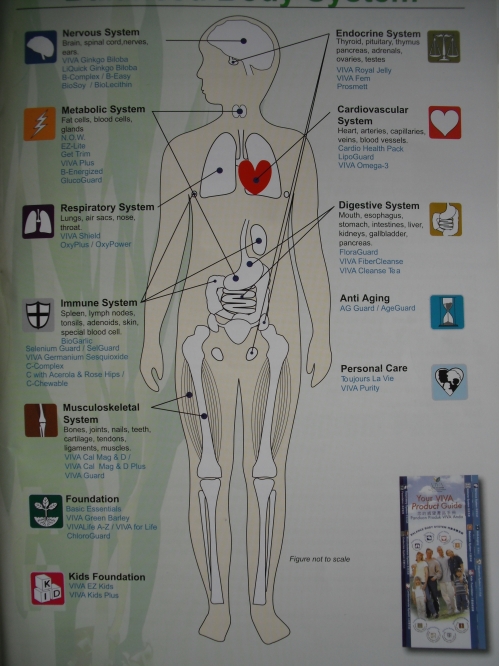
“Fat is not the problem,” says Dr. Walter Willett, chairman of the department of nutrition at the Harvard School of Public Health. “If Americans could eliminate sugary beverages, potatoes, white bread, pasta, white rice and sugary snacks, we would wipe out almost all the problems we have with weight and diabetes and other metabolic diseases.”
It’s a confusing message. for years we’ve been fed the line that eating fat would make us fat and lead to chronic illnesses. “Dietary fat used to be public enemy No. 1,” says Dr. Edward Saltzman, associate professor of nutrition and medicine at Tufts University. “Now a growing and convincing body of science is pointing the finger at carbs, especially those containing refined flour and sugar.”
Americans, on average, eat 250 to 300 grams of carbs a day, accounting for about 55% of their caloric intake. The most conservative recommendations say they should eat half that amount. Consumption of carbohydrates has increased over the years with the help of a 30-year-old, government-mandated message to cut fat.
And the nation’s levels of obesity, Type 2 diabetes and heart disease have risen. “The country’s big low-fat message backfired,” says Dr. Frank Hu, professor of nutrition and epidemiology at the Harvard School of Public Health. “The overemphasis on reducing fat caused the consumption of carbohydrates and sugar in our diets to soar. that shift may be linked to the biggest health problems in America today.” Tell us what you think: Are carbs to blame? Add your own comments to the discussion. — To understand what’s behind the upheaval takes some basic understanding of food and metabolism.
All carbohydrates (a category including sugars) convert to sugar in the blood, and the more refined the carbs are, the quicker the conversion goes. when you eat a glazed doughnut or a serving of mashed potatoes, it turns into blood sugar very quickly. To manage the blood sugar, the pancreas produces insulin, which moves sugar into cells, where it’s stored as fuel in the form of glycogen.